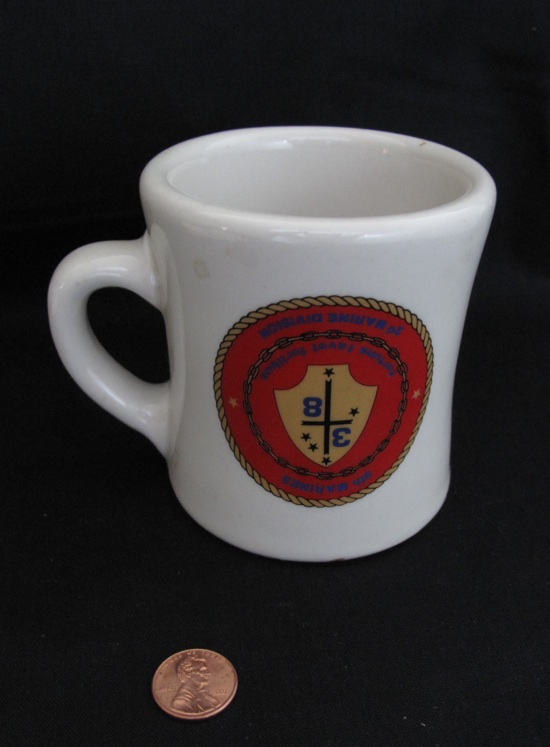
[The auction for this Significant Object, with story by Tom Vanderbilt, has ended. Original price: 75 cents. Final price: $37. This story was part of a special collaboration with Design Observer, where it was co-published here.]
If he had a personal philosophy, and if such things needed to be articulated, it might be called: the aerodynamics of everyday life. He wanted his surfaces clean, his leading edges freed from drag, he brooked no laggards in his drift. This served him well in his avocation, which, as systems operation manager for a large industrial concern (Imprinteon, a custom-printing operation), involved ensuring that inputs became outputs, with maximum efficiency and at minimum cost. But one would not go awry in ascribing his philosophy to his life outside work, which too bore the requirements of flight: streamlined, rigid, and with no ground attachments.
On this morning, however, headwind. First had come the ink debacle on line 37, as the Pantone 4604, “billowing sail,” rendered so truly on screen, seemed wan in substrate form — more “rippling sheet.” 10,000 college yearbooks were to be pulped. Then were the material flow issues in sector 4, some sort of line imbalance. His throughput was out of sync, and there was no parallel flow, no buffer. The first-pass yields were collapsing. He glared at the faded white sign on the wall: MTBF. Mean time between failures. Its scuffed adjustable wheels were calibrated to read “43.” They would have go to back to 1, tomorrow.
And then the mug. It was placed in front of him, on his padded desk calendar, eclipsing March 3rd. It was a simple thing, really, the sort they ran millions of in a year, being the DOD’s favored insignia contractor. Fortuna Favet Fortibus, it read, Fortune Favors the Strong. The error was so basic, so obvious, that he wondered if there weren’t some hidden layer of complexity at work here. Privately, he allowed that one might read the mug’s form factor in two ways: The wider, curved flare made most sense as the vessel’s egress point, so the lips could comfortably adhere to the contours. And yet in some kind of drinkware equivalent of a Necker Cube, the brain might willfully invert the mug, so that the wider end could logically seem the stable base, as with the cooling towers of Three Mile Island.
But the lapse he could not comprehend was the handle orientation. For the logo to make sense in this latter configuration, this would have had to have been a right-handed mug; normally, this would make sense, but the 3rd Marine 8th battalion had a long-standing, obscure joke, which some colonel must have dreamt up years ago when this long-standing order was first requisitioned, that the 8th battalion liked to “drink with their left, and shoot with their right.”
As it was, it could have been worse. The flaw was found in an acceptance sample (it was a retrograde technique, but he was working on a refinement that he would debut at next year’s Logistics World) run about two hours, or 3000 mugs, into the lot. And here was one of those moments where he felt the keen sense of being at the center of things, of life in its great rushing cavalcade of risk and reward. Was the sample he had pulled a statistical aberration — one upturned mug among tens of thousands of mugs of proper disposition — or was it endemic of a system failure, a thorough corruption? Was he about to pull the plug on an otherwise stable process?
His assistant called out, the inspector was here. He put the mug in a file drawer to his left, and would later move it to a cabinet that he considered his own museum of error. “Have a seat,” he said, closing the drawer.
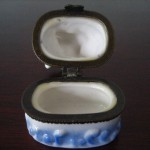
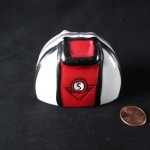
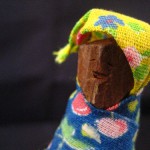
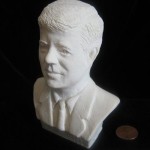

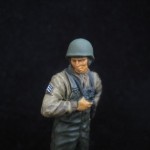
This was our 40th story.
Pingback: Significant Dishware | Significant Objects